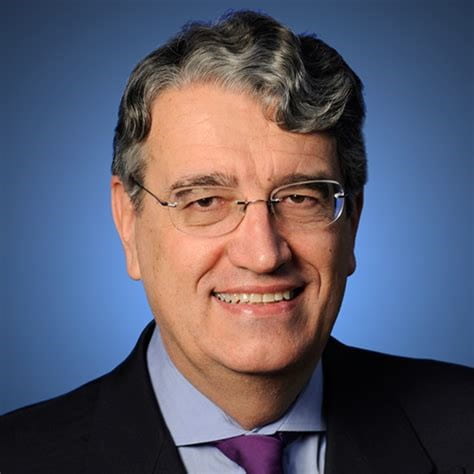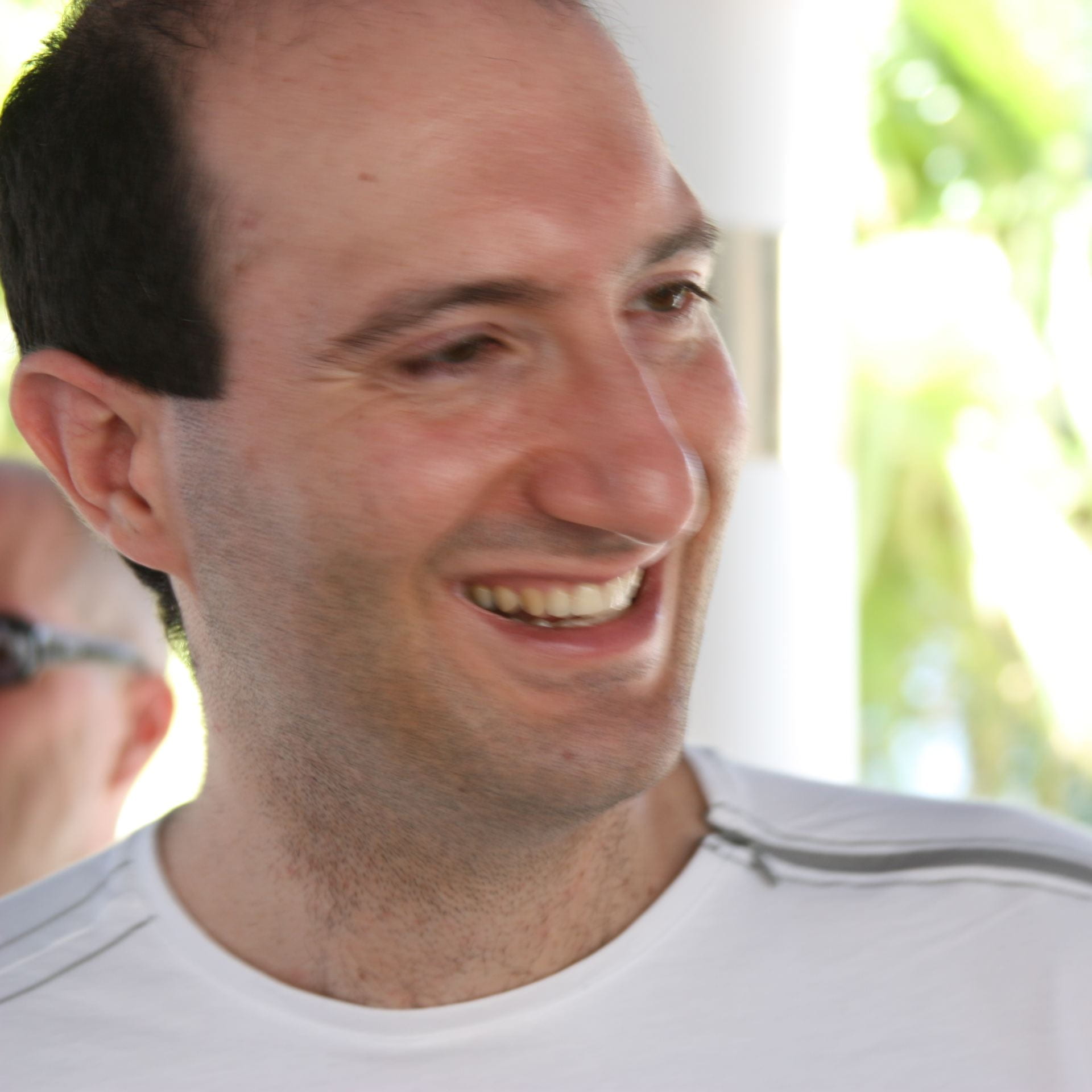Vijay Saraswat
Dr. Saraswat is global head of Artificial Intelligence R&D and leads a team of researchers and engineers building knowledge extraction, representation and reasoning frameworks for the firm. He joined the firm as a vice president in 2017 and was named managing director in 2019.
Over his 30 year research career, Vijay has been a member of the Research Staff at the Xerox Palo Alto Research Center; member of the Research Staff, district manager and technology consultant at AT&T Research, and distinguished member of the Research Staff as well as chief scientist at the IBM TJ Watson Research Center. Additionally, he has served as chief technology officer and vice president of engineering at two startups. Vijay has also served as a professor of Computer Science at The Pennsylvania State University and an adjunct professor at Columbia University.
Vijay has published more than 100 papers and collaborated with more than 100 researchers. He received the 1989 Association for Computing Machinery (ACM) Doctoral Dissertation Award, and the 2005 Most Influential Object Oriented Programming Systems Languages and Applications (OOPSLA) Paper Award for his work.
Vijay earned a BTech in Electrical Engineering from the Indian Institute of Technology Kanpur in 1982. He earned an MS and PhD in Computer Science from Carnegie Mellon University in 1985 and 1989, respectively.
Martín Abadi
Martín Abadi is a research scientist at Google. He is also a Professor Emeritus at the University of California at Santa Cruz, where he was a Professor in the Computer Science Department till 2013. He has held an annual Chair at the Collège de France, and has worked at Digital’s System Research Center, Microsoft Research Silicon Valley, and other industrial research labs. He received his Ph.D. at Stanford University in 1987. His research is mainly on computer and network security, programming languages and systems, and specification and verification methods. It has been recognized with the Outstanding Innovation Award of the ACM Special Interest Group on Security, Audit and Control and with the Hall of Fame Award of the ACM Special Interest Group on Operating Systems, among other awards. He is a Fellow of the Association for Computing Machinery (ACM) and of the American Association for the Advancement of Science (AAAS), and a member of the National Academy of Engineering (NAE). He holds a doctorate honoris causa from École normale supérieure Paris-Saclay.
Houssam Nassif
Houssam Nassif started his career as a wet-lab biologist, before switching to computer sciences, earning his PhD in Artificial Intelligence from the University of Wisconsin – Madison. His early research spans biomedical informatics, statistical relational learning, and uplift modeling. Since joining Amazon in 2013, Houssam has been passionate about adaptive experimentation. He established and leads Amazon’s adaptive testing framework, researching, deploying and evangelizing bandits, with forays into reinforcement learning, causality, and diversity. He helped launch 27 business products across Amazon, Google, and Cisco, which generated $1.5 billion incremental yearly revenue. Houssam has published over 25 peer-reviewed papers in leading ML and biomedical informatics conferences and journals, and organized AISTATS’15. His work has been recognized with 4 paper awards, including from RecSys’16 and KDD’17.

Virgil Gligor
Virgil D. Gligor is Professor in the Department of Electrical and Computer Engineering at Carnegie Mellon University. Professor Gligor received his B.Sc., M.Sc., and Ph.D. degrees from the University of California at Berkeley. Prior to joining Carnegie Mellon, he was a Professor of Electrical and Computer Engineering at the University of Maryland (1976 – 2007). Gligor was a Visiting Professor at University of Cambridge (1999), ETH Zurich (2005), EPF Lausanne (2006), and a Research Professor at Singapore Management University and University of Maryland (2008-2011). He was a consultant to the Burroughs (1977-1981) and IBM (1984-1999) corporations, and has served on Microsoft’s Trusted Computing Academic Advisory Board (since 2002), SAP’s Security Advisory Board (since 2011), and Queen’s University Belfast CSIT Advisory Board (since 2012).
For nearly four decades, Professor Gligor’s research interests have ranged from access control mechanisms, penetration analysis, and denial-of-service protection to cryptographic protocols and applied cryptography. His research addresses problems of trustworthy computing in the presence of an active adversary (e.g., malware, malicious insiders) and next generation secure Internet.
Gligor served the profession as the chair or co-chair of several conferences and symposia, including the ACM Computer and Communication Security Conference, IEEE Security and Privacy Symposium, the Internet Society’s Network and Distributed Systems Security Symposium, the IEEE Dependable Computing for Critical Applications, and IEEE-ACM Symposium on Reliability in Distributed Software and Databases. Gligor was an editorial board member of several IEEE and ACM journals, and the Editor in Chief of the IEEE Transactions on Dependable and Secure Computing.
The Association for Computing Machinery (ACM) named Professor Gligor as the recipient of its 2011 Outstanding Innovation Award for security and privacy research. The award, bestowed by ACM’s Special Interest Group on Security, Audit and Control, recognized Gligor’s innovations in secure operating systems as well as covert channel analysis, intrusion detection, and secure wireless sensor networks.
Professor Gligor also received the 2006 National Information Security Award for pioneering re- search in information security, an award jointly given by the National Security Agency and National Institute of Standards and Technology in the US. In 2013, Gligor received the IEEE Computer Society Technical Achievement Award for pioneering work and leadership in the area of computer and network security. In 2019, he was inducted into the National Cyber Security Hall of Fame.



